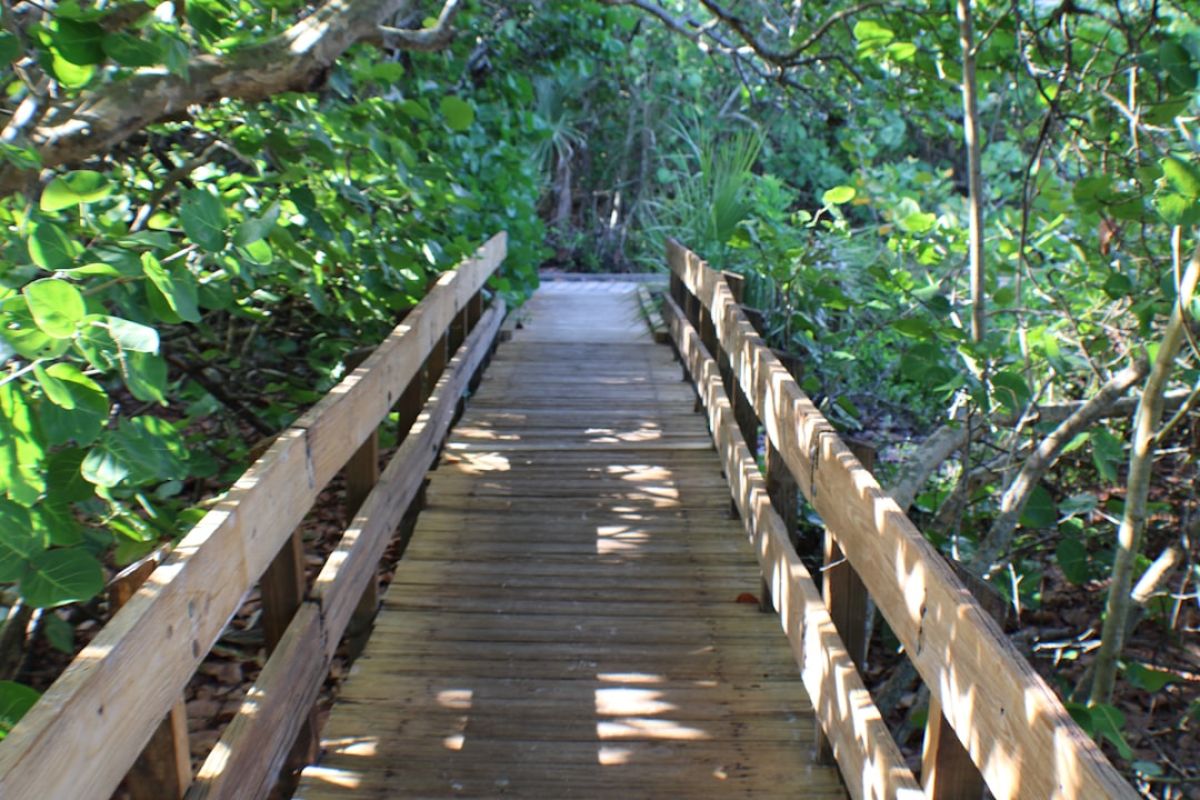Gator Jail Break-In Attempt by Florida Lawmakers?

## Gator Gate: When Florida Lawmakers Butted Heads with Alligator Alcatraz, and Why it Matters to Naples
So, picture this: a group of Florida lawmakers, all puffed up with legislative importance, decide to waltz into “Alligator Alcatraz,” a private alligator farm somewhere in the Sunshine State. They demand an immediate inspection, no appointment, no warning, just straight-up barging in. And the owner? He tells them to take a hike. Sounds like something ripped from a Florida Man headline, right? But this actually happened, sparking a debate that ripples all the way down here to our beautiful Naples.
This “Gator Gate” incident, as I’m calling it, highlights a fascinating tension between private property rights, government oversight, and the unique challenges of living in a place where alligators are practically considered wildlife ambassadors (albeit scaly and toothy ones). Let’s unpack this whole kerfuffle and see what it means for us here in Naples.
First, let’s acknowledge the elephant – or rather, the alligator – in the room. Alligators are synonymous with Florida. They’re part of our ecosystem, our culture, even our tourist attractions. Here in Naples, we’re practically alligator neighbors. We see them basking in the sun on golf courses, cruising through canals, and occasionally making an unexpected appearance in a backyard swimming pool. It’s a part of life we accept, even embrace, as part of living in paradise.
But this close proximity also creates a need for regulation and oversight. We need to ensure these powerful creatures are treated ethically and that public safety is maintained. That’s where facilities like Alligator Alcatraz come in. These farms, whether involved in breeding, research, or tourism, play a role in managing the alligator population and educating the public.
Now, back to Gator Gate. The lawmakers argued they had the right to inspect the facility due to concerns about animal welfare and public safety. The owner, on the other hand, argued that they were trespassing and interfering with his business. He pointed out he’s a licensed and regulated facility and subject to regular inspections, arguing this impromptu visit was a political stunt.
This brings us to the heart of the issue: the balance between government oversight and private property rights. On the one hand, the government has a legitimate interest in ensuring that businesses, especially those dealing with potentially dangerous animals like alligators, are operating safely and responsibly. We here in Naples have a vested interest in this, too. We want to know that these facilities, even those outside our immediate area, are adhering to best practices and not posing a risk to the environment or the wider alligator population. Improperly managed facilities could lead to escaped alligators, impacting our local ecosystems and potentially creating dangerous situations for residents.
On the other hand, business owners, especially those who have invested time, money, and passion into their enterprises, deserve the right to run their businesses without undue interference. Constant, unannounced inspections can be disruptive, costly, and frankly, a bit demoralizing. Imagine if every day, a group of officials could just walk into your business and demand to look around. It’s a principle that applies to the small business owner running a coffee shop on Fifth Avenue South just as much as it applies to the alligator farmer.
So, where do we draw the line? How do we ensure that alligators are protected, public safety is maintained, and businesses are allowed to operate without being harassed?
That’s the million-dollar question, and it’s one that has implications for all of us in Naples. We need clear regulations and procedures for inspections. These procedures should be transparent and accessible to both businesses and the public. They should balance the need for oversight with the right to privacy and the smooth operation of businesses.
Furthermore, communication is key. If lawmakers have concerns about a particular facility, they should reach out to the owner, schedule an appointment, and conduct a professional, respectful inspection. Barging in unannounced and demanding access only creates animosity and mistrust. It’s not conducive to a productive working relationship, and frankly, it’s just bad manners. We pride ourselves on our welcoming community here in Naples, and that should extend to how our elected officials interact with businesses.
The Gator Gate incident also raises the issue of transparency. The public has a right to know how alligator farms and other wildlife facilities are operated. This information should be readily available, perhaps through publicly accessible databases or annual reports. This transparency not only fosters trust but also allows for public scrutiny and accountability, which are crucial for ensuring responsible wildlife management.
Finally, let’s not forget the alligators themselves. They are wild animals, not commodities. They deserve to be treated with respect and care. We, as residents of this unique ecosystem, have a responsibility to ensure their well-being. That means supporting responsible alligator farms and advocating for regulations that prioritize their welfare.
The Gator Gate incident, while seemingly isolated, touches upon several issues that are relevant to us all here in Naples. It reminds us of the delicate balance between government oversight and private property rights, the importance of transparency and communication, and our shared responsibility to protect the incredible wildlife that makes Florida, and especially Naples, such a special place. So, the next time you see an alligator basking in the sun, remember Gator Gate, and remember that protecting these creatures and the businesses that interact with them requires a thoughtful, balanced approach.